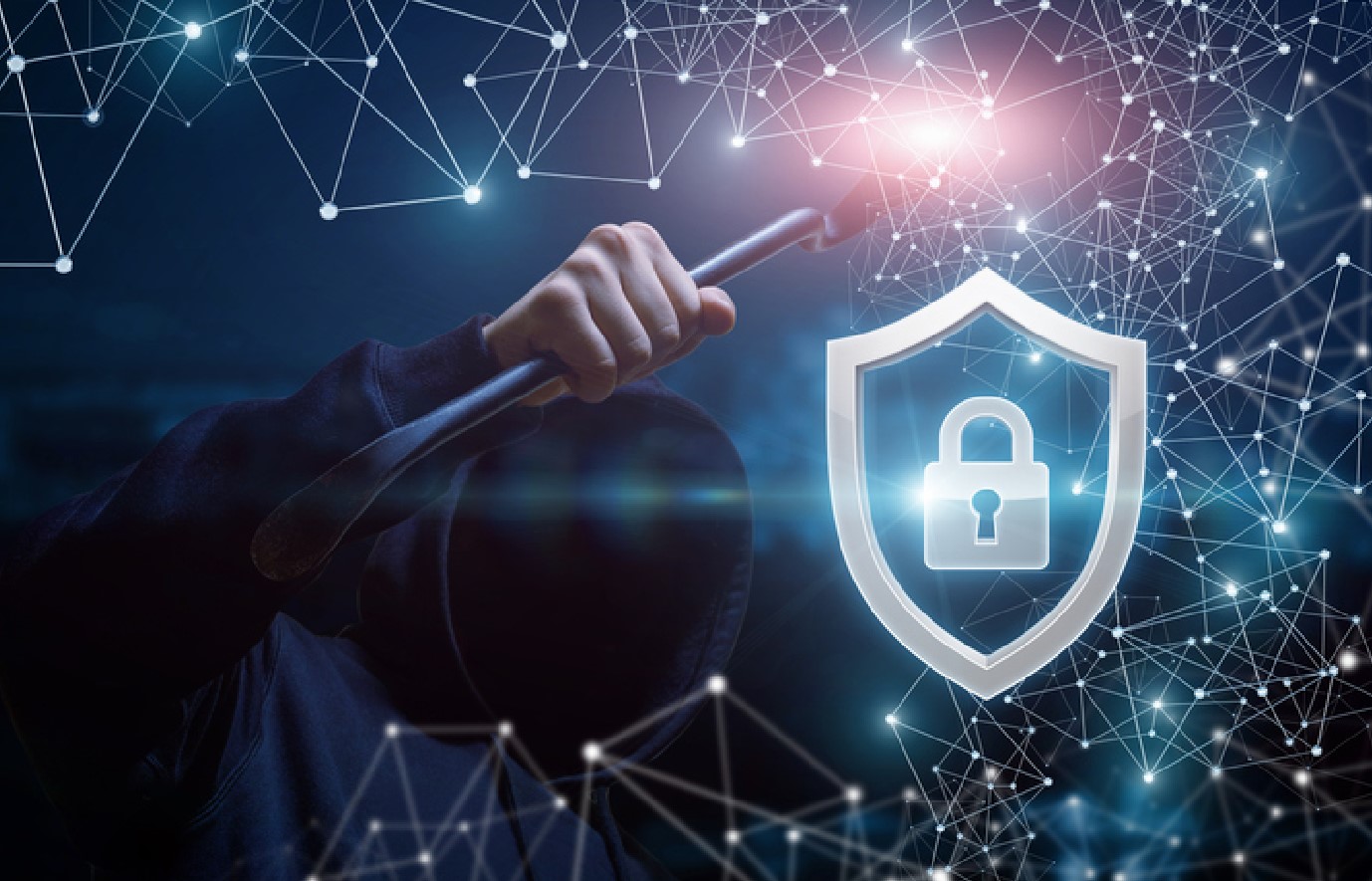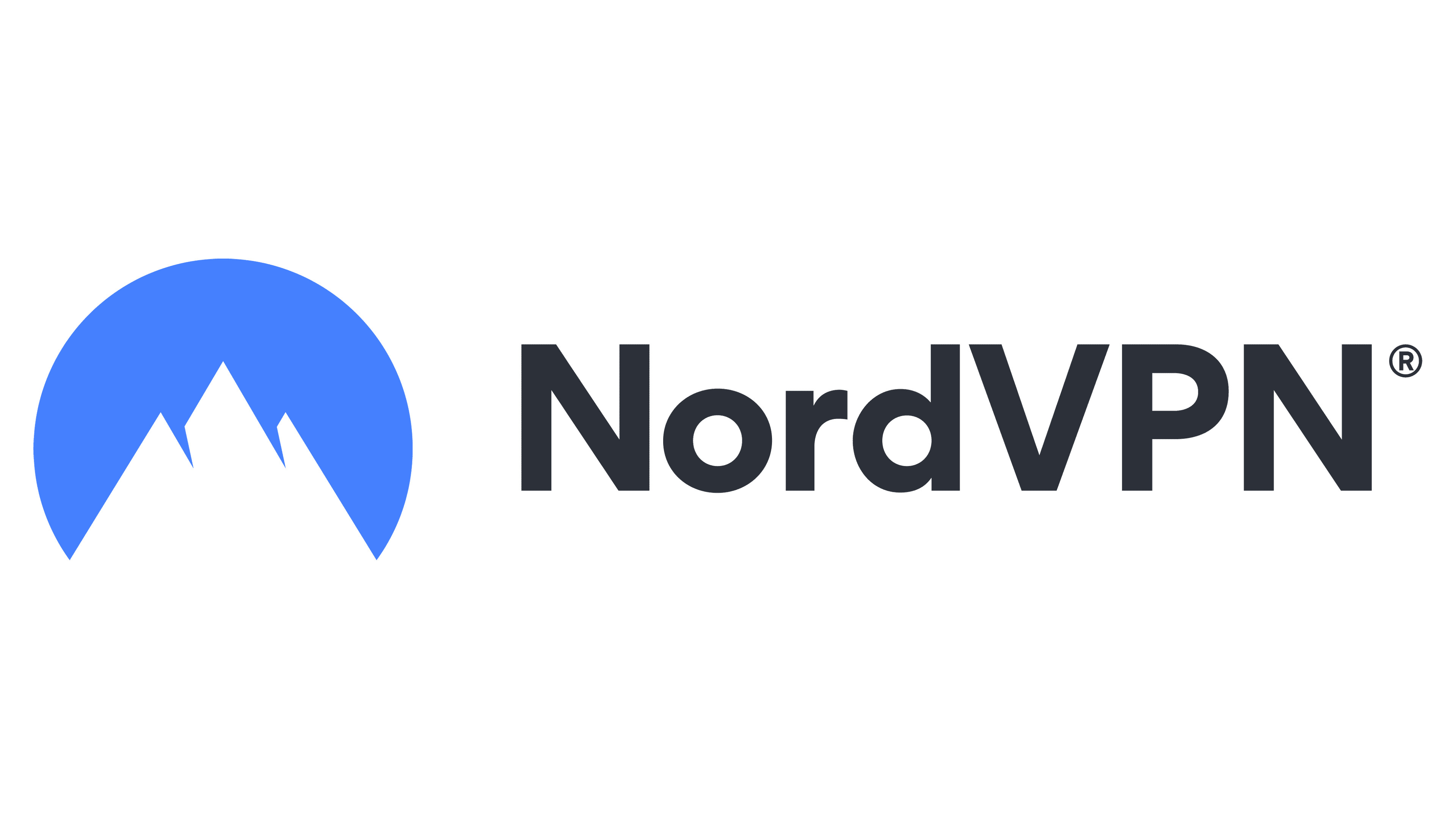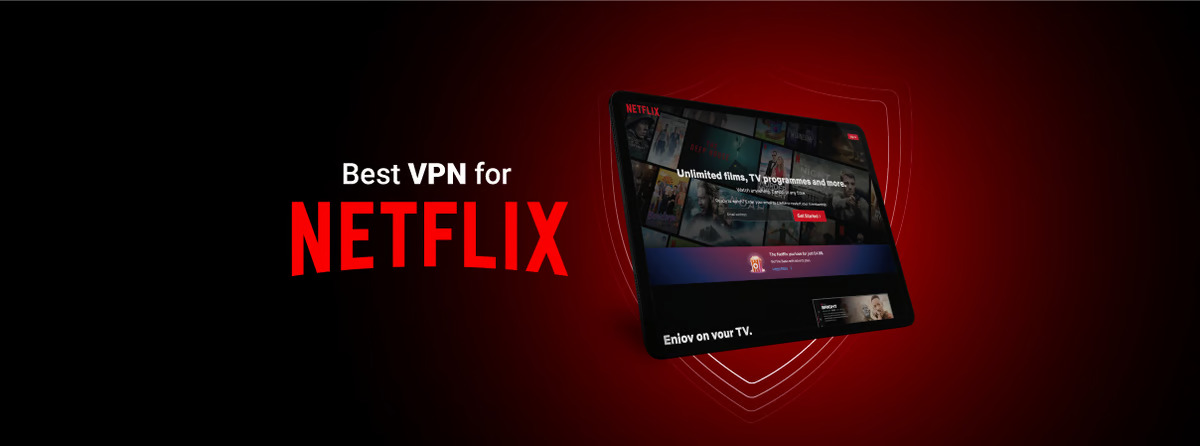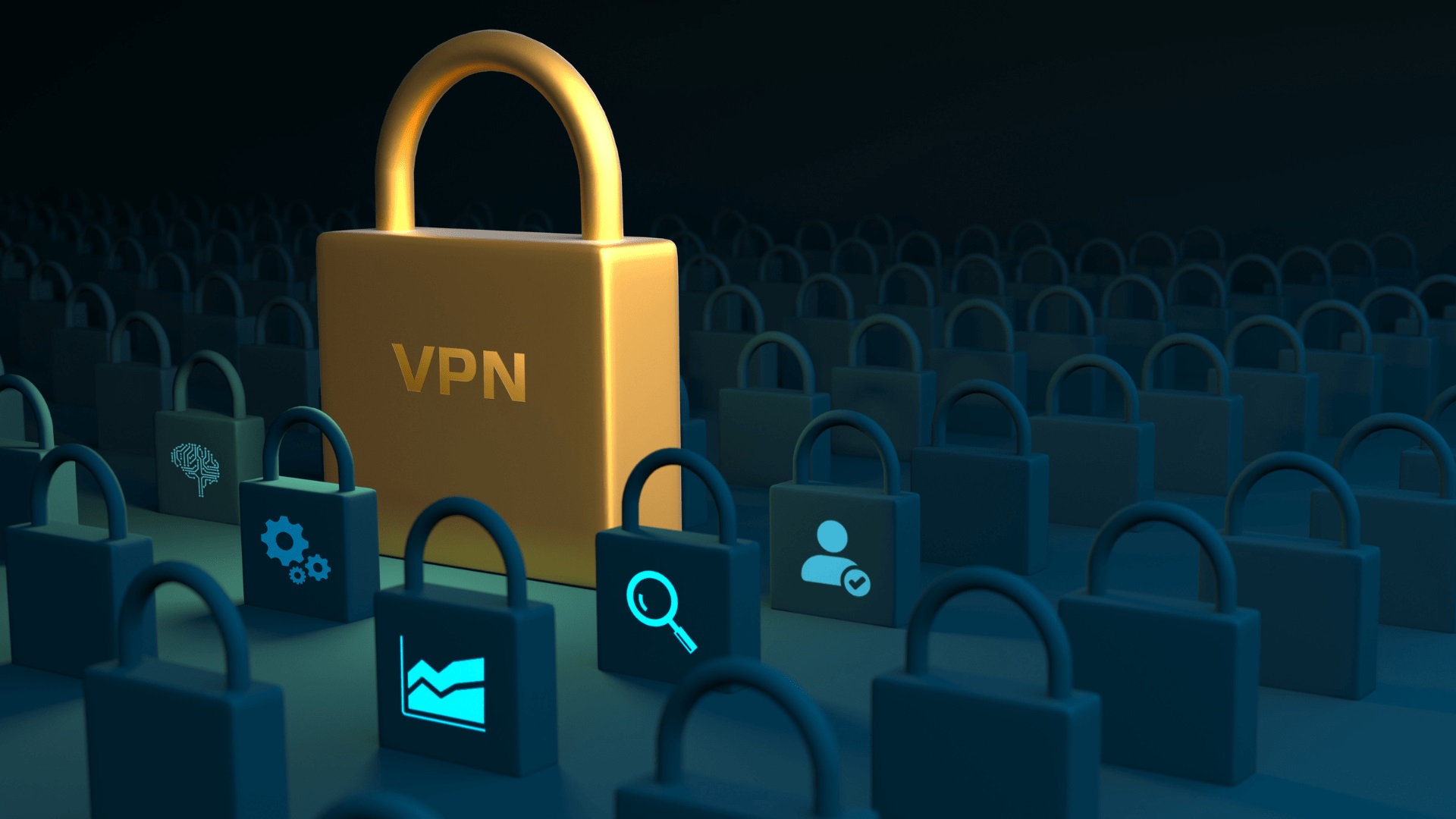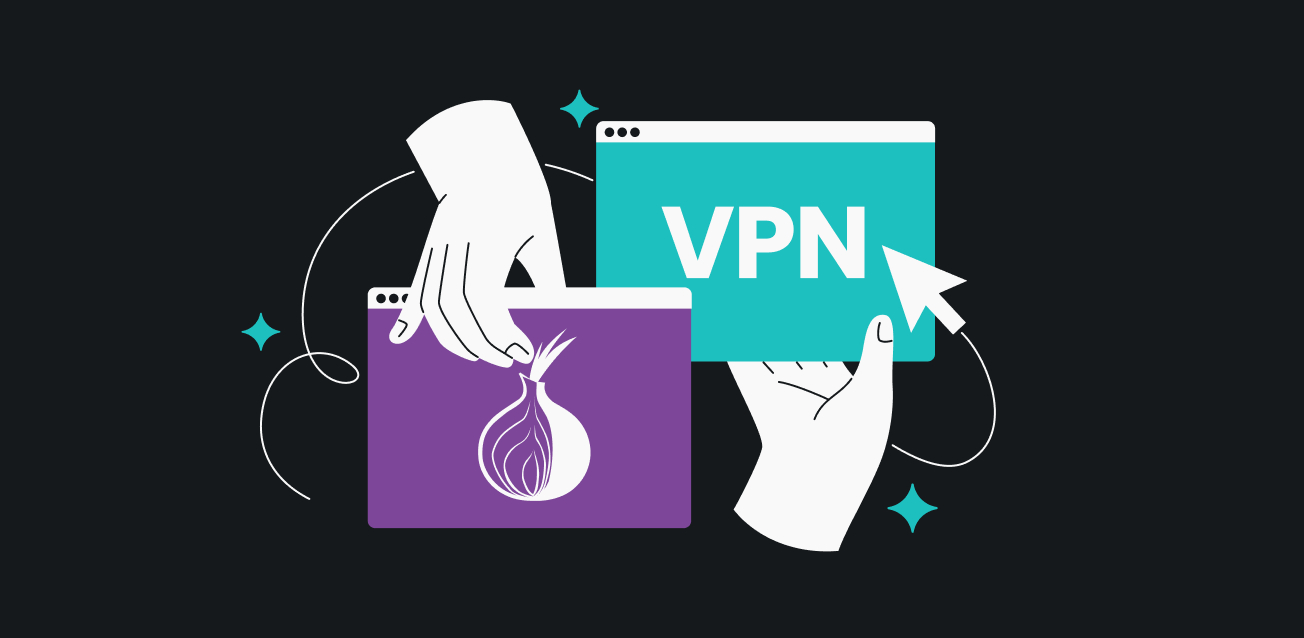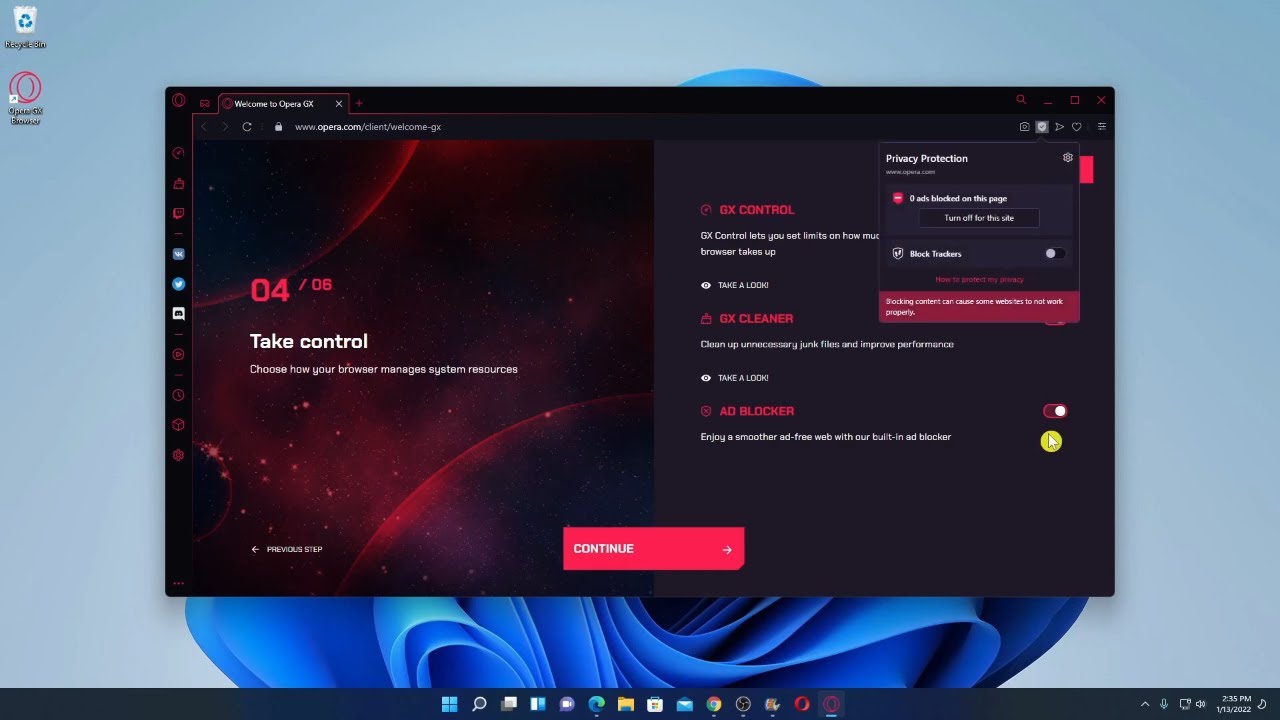Home>Software and Apps>VPN Vs Proxy: Choosing The Best Privacy Solution


Software and Apps
VPN Vs Proxy: Choosing The Best Privacy Solution
Published: March 2, 2024
Learn the differences between VPN and proxy to find the best privacy solution for your software and apps. Compare features, security, and performance to make an informed choice.
(Many of the links in this article redirect to a specific reviewed product. Your purchase of these products through affiliate links helps to generate commission for Techsplurge.com, at no extra cost. Learn more)
Table of Contents
Understanding VPN and Proxy
When it comes to safeguarding your online privacy and security, understanding the differences between a Virtual Private Network (VPN) and a proxy is crucial. Both VPNs and proxies serve as privacy solutions, but they operate in distinct ways.
A VPN establishes a secure and encrypted connection between your device and the internet through a remote server operated by the VPN service provider. This means that all the data transmitted between your device and the internet is encrypted, making it extremely difficult for unauthorized parties to intercept or decipher. By routing your internet traffic through the VPN server, your actual IP address is masked, and your online activities remain anonymous.
On the other hand, a proxy server acts as an intermediary between your device and the internet. When you connect to the internet through a proxy, your requests are processed by the proxy server, which then forwards the data to the intended destination. This process effectively hides your IP address and can provide a degree of anonymity, but it does not encrypt your internet traffic.
In essence, a VPN offers a comprehensive privacy solution by encrypting your data and providing anonymity, while a proxy primarily focuses on masking your IP address and providing limited anonymity without encryption.
Understanding the nuances of VPNs and proxies is essential for making an informed decision about which privacy solution best aligns with your specific needs and preferences. Whether you prioritize data encryption, anonymity, or both, comprehending the functionalities of VPNs and proxies empowers you to make a well-informed choice to enhance your online privacy and security.
The Importance of Privacy Solutions
In today's digital age, where online activities have become an integral part of daily life, the significance of privacy solutions cannot be overstated. With the proliferation of cyber threats, data breaches, and pervasive surveillance, safeguarding one's online privacy has become a paramount concern for individuals and organizations alike.
Privacy solutions, such as VPNs and proxies, play a pivotal role in mitigating the risks associated with online activities. They serve as essential tools for protecting sensitive information, preserving anonymity, and fortifying digital security. By encrypting data and concealing IP addresses, these privacy solutions create a secure and private online environment, shielding users from prying eyes and potential intrusions.
Moreover, privacy solutions empower individuals to exercise greater control over their digital footprint. In an era characterized by extensive data collection and targeted advertising, maintaining privacy is synonymous with preserving autonomy and minimizing exposure to invasive tracking mechanisms. By utilizing privacy solutions, individuals can assert their right to privacy and mitigate the pervasive impact of online surveillance.
Furthermore, the importance of privacy solutions extends beyond personal privacy concerns. In the realm of business and commerce, the secure transmission of sensitive data is indispensable for maintaining confidentiality and upholding trust. Privacy solutions enable organizations to establish secure communication channels, safeguard proprietary information, and uphold regulatory compliance, thereby fostering a climate of trust and integrity in the digital sphere.
Additionally, in regions where internet censorship and content restrictions prevail, privacy solutions serve as indispensable tools for circumventing such limitations. By masking IP addresses and encrypting data, individuals can access restricted content and communicate freely, transcending geographical barriers and asserting their digital freedoms.
In essence, the importance of privacy solutions lies in their capacity to fortify digital privacy, enhance security, and preserve fundamental rights in the online domain. By leveraging these privacy-enhancing technologies, individuals and organizations can navigate the digital landscape with confidence, knowing that their online activities are shielded from unwarranted scrutiny and potential vulnerabilities. As the digital ecosystem continues to evolve, the role of privacy solutions in safeguarding online privacy and security remains indispensable, underscoring their enduring relevance in an interconnected world.
Advantages of Using a VPN
-
Enhanced Security: One of the primary advantages of using a VPN is the bolstered security it provides. By encrypting data transmitted between your device and the internet, a VPN shields sensitive information from potential eavesdroppers and cyber threats. This encryption mechanism fortifies your online activities, making it significantly more challenging for malicious entities to intercept or compromise your data. Whether you are accessing public Wi-Fi networks or transmitting confidential information, a VPN serves as a robust security measure, mitigating the risks associated with unsecured connections.
-
Anonymity and Privacy: Utilizing a VPN affords a heightened level of anonymity and privacy. By masking your actual IP address and routing your internet traffic through remote servers, a VPN conceals your digital footprint, rendering your online activities virtually untraceable. This anonymity not only safeguards your privacy but also circumvents geo-restrictions and enables unrestricted access to online content. Whether you are browsing the web, streaming media, or engaging in online communications, a VPN empowers you to navigate the digital realm with enhanced privacy and freedom.
-
Access to Restricted Content: Another notable advantage of using a VPN is the ability to bypass geographical restrictions and access region-locked content. By connecting to a VPN server located in a different geographic region, you can circumvent content limitations imposed by streaming platforms, websites, or governmental regulations. This capability not only broadens your access to diverse online content but also facilitates seamless navigation of the internet without being confined by arbitrary geographic barriers.
-
Secure Remote Access: For businesses and remote workers, VPNs offer a secure means of accessing corporate networks and sensitive data from remote locations. By establishing a VPN connection, employees can securely connect to their organization's internal resources, such as servers and databases, without compromising data security. This facilitates seamless collaboration and remote work capabilities while upholding stringent security protocols, thereby fostering productivity and operational continuity.
-
Protection Against Surveillance and Monitoring: In an era characterized by pervasive surveillance and data monitoring, a VPN serves as a potent tool for shielding against intrusive surveillance practices. By encrypting internet traffic and obfuscating IP addresses, a VPN mitigates the impact of surveillance mechanisms, preserving the confidentiality of online communications and deterring unwarranted monitoring. This proactive stance against surveillance bolsters individual privacy and reinforces digital autonomy in an increasingly monitored digital landscape.
In essence, the advantages of using a VPN encompass a multifaceted spectrum of benefits, ranging from heightened security and privacy to unrestricted access and secure remote connectivity. By harnessing the capabilities of a VPN, individuals and organizations can navigate the digital sphere with confidence, knowing that their online activities are shielded from external threats and encroachments, thereby fostering a climate of trust, privacy, and digital empowerment.
Advantages of Using a Proxy
-
Anonymity and Privacy: One of the primary advantages of using a proxy is the ability to enhance anonymity and privacy. By masking your IP address and acting as an intermediary between your device and the internet, a proxy server facilitates a degree of anonymity, making it challenging for external entities to trace your online activities back to your actual location. This can be particularly beneficial for individuals seeking to obscure their digital footprint and maintain a level of privacy while browsing the web or engaging in online communications.
-
Access to Restricted Content: Proxies offer the advantage of bypassing geo-restrictions and accessing region-locked content. By connecting to a proxy server located in a different geographical location, users can circumvent content limitations imposed by streaming platforms, websites, or governmental regulations. This capability enables individuals to access online content that may be restricted based on their geographic location, thereby expanding their digital access and enriching their online experience.
-
Improved Performance and Speed: In certain scenarios, proxies can enhance internet performance and speed by caching frequently accessed web content. By storing copies of web pages and resources locally, proxies can expedite the retrieval of data, resulting in faster load times and improved browsing efficiency. This can be particularly advantageous in environments where bandwidth optimization and accelerated data delivery are paramount, contributing to a more streamlined and responsive online experience.
-
Security and Content Filtering: Proxies can serve as a security measure by filtering and screening web content, thereby mitigating potential security risks and regulating access to certain online resources. Through content filtering, proxies can block malicious websites, restrict access to unauthorized content, and enforce usage policies, bolstering security measures and safeguarding users from potentially harmful online elements. This proactive approach to content filtering contributes to a more secure and controlled online environment, particularly in organizational settings where stringent security protocols are imperative.
-
Network Privacy and Control: For businesses and organizations, proxies offer the advantage of exerting control over network traffic and preserving network privacy. By directing internet traffic through a proxy server, organizations can monitor and manage the flow of data, implement usage policies, and enforce security measures to safeguard sensitive information. This granular control over network traffic facilitates the maintenance of network integrity and privacy, empowering organizations to uphold data security standards and regulatory compliance.
In summary, the advantages of using a proxy encompass a diverse array of benefits, ranging from enhanced anonymity and access to restricted content to improved performance, security measures, and network control. By leveraging the functionalities of a proxy, individuals and organizations can optimize their online experience, fortify security measures, and exert greater control over their digital interactions, thereby enhancing privacy, accessibility, and operational efficiency.
Limitations of VPNs
While VPNs offer a myriad of benefits in terms of security, privacy, and unrestricted access, it is essential to acknowledge their inherent limitations. Understanding these constraints is crucial for gaining a comprehensive perspective on the capabilities and potential drawbacks of VPN technology.
One notable limitation of VPNs pertains to the potential impact on internet speed and performance. Due to the encryption and routing processes inherent in VPN connections, there is a possibility of experiencing reduced internet speeds, particularly when connecting to remote servers. The encryption and decryption of data, as well as the additional routing through VPN servers, can introduce latency and result in slower data transmission, which may affect activities such as streaming, online gaming, or large file downloads.
Furthermore, while VPNs are designed to safeguard privacy and anonymity, the efficacy of these measures may be contingent on the trustworthiness of the VPN service provider. In some cases, unscrupulous VPN providers may engage in logging user data or compromising user privacy, thereby undermining the very purpose of utilizing a VPN for enhanced privacy protection. Selecting a reputable and transparent VPN service is paramount to mitigating this risk, as it ensures that user privacy remains uncompromised.
Another limitation to consider is the potential incompatibility of VPNs with certain applications or services. Some online platforms, particularly streaming services and financial institutions, may actively block or restrict access from VPN IP addresses. This can pose a challenge for users who rely on VPNs for privacy and security while encountering limitations in accessing specific online content or conducting financial transactions.
Moreover, while VPNs are effective in circumventing geo-restrictions and accessing region-locked content, the reliance on VPNs for this purpose may encounter regulatory or legal implications. In some jurisdictions, the use of VPNs to bypass content restrictions or engage in activities that contravene local laws may carry legal ramifications, necessitating a nuanced understanding of the legal landscape surrounding VPN usage.
Additionally, the proliferation of VPN usage has led to increased scrutiny and countermeasures by certain entities, such as internet service providers and network administrators. As a result, VPN traffic may be subject to heightened monitoring or potential blocking in certain environments, posing challenges for users seeking to maintain privacy and unrestricted access.
In essence, while VPNs offer robust privacy and security features, it is imperative to recognize their limitations, including potential impacts on internet speed, reliance on trustworthy service providers, compatibility issues, legal considerations, and heightened scrutiny in certain contexts. By acknowledging these limitations, users can make informed decisions regarding the utilization of VPNs and implement supplementary measures where necessary to address these constraints.
Read more: Enhancing Tinder Privacy With VPN
Limitations of Proxies
While proxies offer distinct advantages in terms of anonymity, access to restricted content, and network control, it is essential to recognize their inherent limitations. Understanding these constraints provides a comprehensive perspective on the capabilities and potential drawbacks of proxy technology.
One notable limitation of proxies pertains to the absence of data encryption. Unlike VPNs, which encrypt all data transmitted between the user's device and the internet, proxies do not inherently provide encryption. This means that data transmitted through a proxy server may remain susceptible to interception or monitoring, posing potential security risks, especially when accessing sensitive information or utilizing unsecured networks.
Another limitation to consider is the potential impact on browsing speed and performance. In some cases, utilizing a proxy server can lead to slower browsing speeds and increased latency. This can be attributed to factors such as server congestion, the geographical distance between the user and the proxy server, and the processing overhead incurred by routing internet traffic through the proxy. As a result, users may experience diminished browsing efficiency and responsiveness, particularly when accessing bandwidth-intensive content or engaging in real-time activities.
Furthermore, the reliance on proxies to access region-restricted content may encounter limitations imposed by content providers or regulatory entities. Some online platforms actively block access from proxy IP addresses, thereby restricting users from circumventing geo-restrictions. This can pose challenges for individuals seeking to access region-locked content or bypass content limitations, necessitating alternative approaches to achieve unrestricted access.
Additionally, the trustworthiness and transparency of proxy providers are crucial considerations. In some instances, unscrupulous proxy services may engage in logging user data or compromising user privacy, undermining the intended anonymity and privacy protection offered by proxies. Selecting reputable and reliable proxy services is essential to mitigate these risks and ensure that user privacy remains uncompromised.
Moreover, the use of proxies in certain environments may encounter heightened scrutiny or potential blocking by network administrators or internet service providers. As a result, users relying on proxies for anonymity or access to restricted content may face challenges in maintaining consistent and unrestricted connectivity, particularly in settings where proxy usage is actively monitored or restricted.
In essence, while proxies offer valuable functionalities, it is important to acknowledge their limitations, including the absence of data encryption, potential impacts on browsing speed, restrictions imposed by content providers, considerations regarding service provider trustworthiness, and potential scrutiny by network administrators or internet service providers. By recognizing these limitations, users can make informed decisions regarding the utilization of proxies and implement supplementary measures where necessary to address these constraints.
Choosing the Best Privacy Solution for You
When it comes to selecting the most suitable privacy solution for your specific needs and preferences, several factors warrant careful consideration. Understanding the distinct attributes and functionalities of VPNs and proxies is pivotal in making an informed decision that aligns with your privacy and security objectives.
First and foremost, delineating your privacy requirements and priorities is essential. If your primary concern revolves around securing sensitive data, preserving anonymity, and fortifying digital security across various online activities, a VPN may emerge as the preferred choice. The encryption capabilities and comprehensive privacy features offered by VPNs make them well-suited for individuals and organizations seeking robust privacy protection.
On the other hand, if your focus centers on accessing region-restricted content, enhancing browsing anonymity, or exerting control over network traffic, a proxy may present a viable option. Proxies offer distinct advantages in terms of circumventing geo-restrictions, accessing restricted content, and implementing network control measures, making them a compelling choice for specific privacy and accessibility needs.
Additionally, evaluating the compatibility of each privacy solution with your intended usage scenarios is crucial. Consider whether the chosen solution seamlessly integrates with your preferred devices, operating systems, and online activities. Furthermore, assess the potential impact on internet speed, browsing efficiency, and compatibility with specific applications or services, as these factors can influence the overall user experience.
Furthermore, the trustworthiness and transparency of the service providers offering VPNs or proxies merit careful scrutiny. Opting for reputable and reliable service providers is imperative to ensure the integrity of privacy protection measures and mitigate potential risks associated with unscrupulous providers compromising user privacy.
Moreover, legal and regulatory considerations may influence the selection of a privacy solution. Understanding the legal landscape surrounding VPN and proxy usage in your region is essential to avoid potential legal ramifications and ensure compliance with applicable regulations.
Ultimately, the best privacy solution for you hinges on a comprehensive assessment of your privacy requirements, compatibility considerations, service provider trustworthiness, and legal considerations. By meticulously evaluating these factors, you can make an informed decision that empowers you to navigate the digital sphere with enhanced privacy, security, and accessibility, tailored to your specific needs and preferences.






